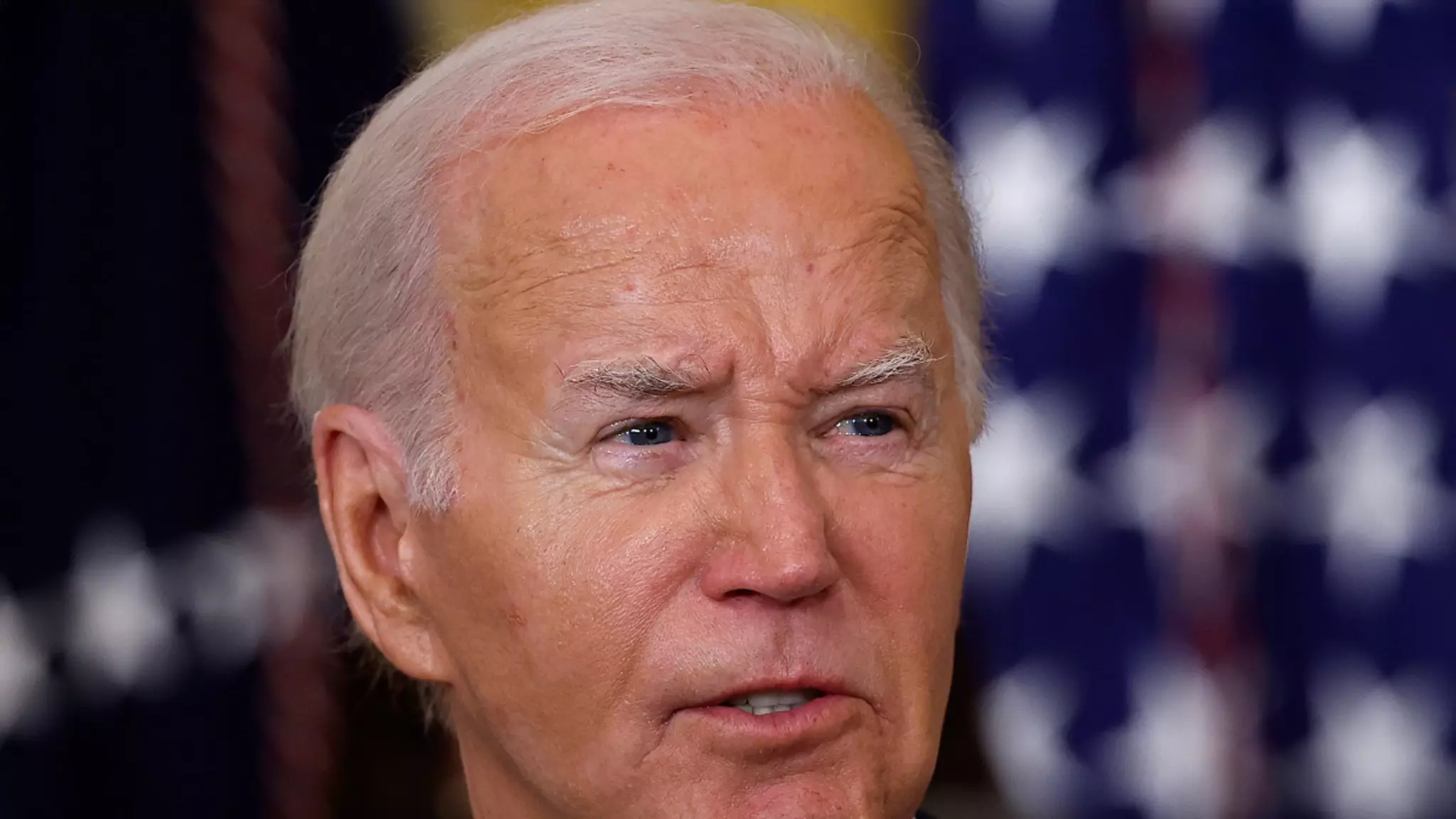Amidst the swirling currents of political discourse, few topics are as divisive as the discussion surrounding the physical and mental health of leaders, particularly when it comes to an aging president like Joe Biden. The recently published book “Original Sin” by Jake Tapper and Alex Thompson provides an unflinching look into the context of Biden’s health concerns during the heat of the last presidential campaign. As we grapple with the consequences of leadership frailties, it becomes evident that the implications extend far beyond the individual; they touch the very fabric of public trust and accountability.
Behind the Curtain of Concern
What stands out prominently in Tapper’s narrative is the stark reality of Biden’s health being not just personal but a strategic consideration for political advisors. The notion that aides contemplated using a wheelchair to shield Biden’s declining physical condition reveals a troubling layer of political manipulation. Instead of fostering transparency, this potential choice reflects a willingness to prioritize political optics over authentic leadership. Such deliberations should serve as a wake-up call about the ethical responsibilities that accompany the wielding of political power.
Moreover, the ingrained ageism within our political system raises questions about the standards we accept for our leaders. The fact that Biden’s aides felt compelled to take extreme measures to maintain a façade of vitality speaks volumes about societal expectations regarding age and capability. Is society prepared to genuinely embrace the wisdom that comes with age, or are we still shackled by stereotypes that deem older individuals as incapable?
A Coping Mechanism for the Unthinkable
Biden’s health struggles culminated in significant public debate, especially regarding his cognitive abilities. His eventual decision to withdraw as a Democratic nominee under mounting pressure reveals the precarious balance between political ambition and personal health. This dynamic forces us to confront uncomfortable truths regarding the viability of elders in political arenas and poses questions about how mental acuity is critically assessed within the constraints of public perception.
Last week’s revelations about Biden undergoing examinations for a prostate nodule further complicate the narrative. While the examination itself may seem routine, it adds another dimension to the public’s growing concerns over Biden’s health. In an era marked by division, examining the effects of a leader’s health on their capacity to govern reflects underlying societal tensions and the expectations placed upon individuals in power.
Confronting Ageism in Politics
What remains resonant in this dialogue is the pressing need to address the ageism that permeates our political structure. If Biden’s health troubles have prompted conversations about his future, they likewise compel a reevaluation of what it means to lead effectively at an advanced age. Societal maturity demands that we honor both the challenges and strengths that accompany older leaders.
As the nation watches the unfolding events, one must ponder if America is ready to embrace a more nuanced perspective. Politics should not merely be a battlefield where age is conflated with weakness; rather, it ought to be a stage where experience is celebrated alongside health concerns. In a world fixated on appearances, the courage to address these realities head-on may be the most significant challenge facing our political landscape today.

Leave a Reply